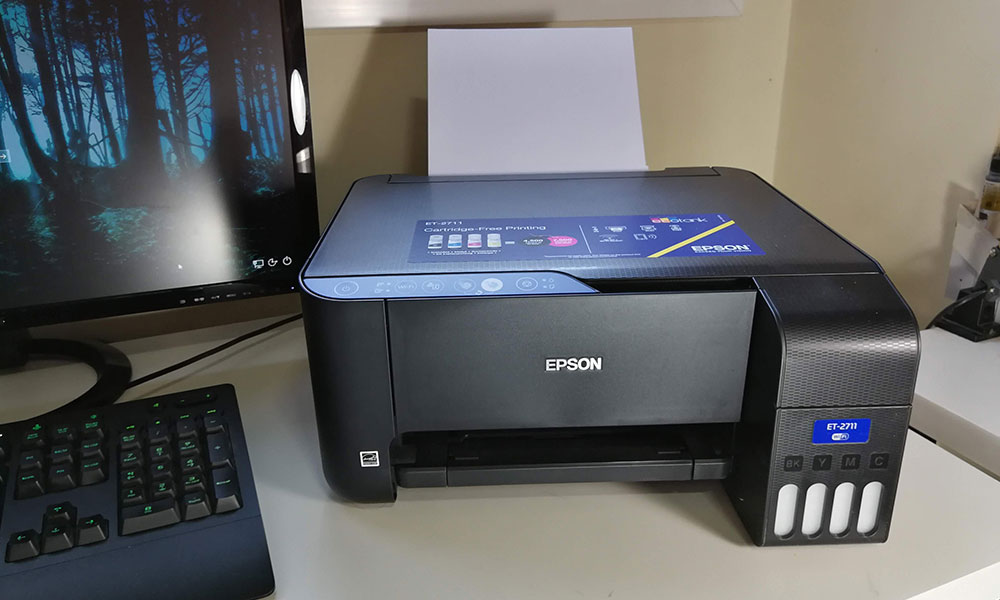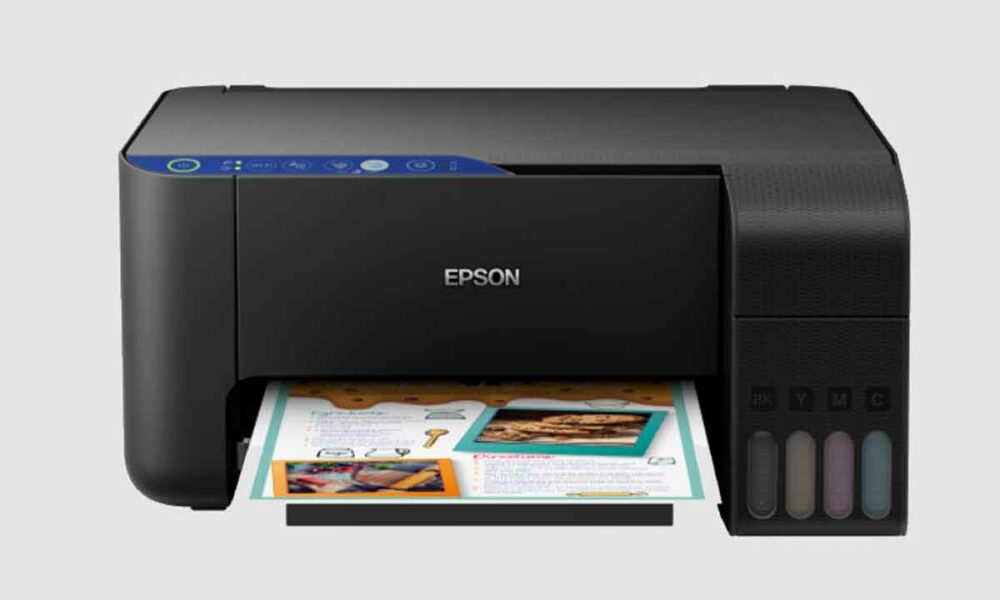Yes, they are a concept that tends to arouse particular anger among users of all types of goods, but especially consumer electronics, it is undoubtedly planned obsolescence, that is, the design of the product artificially and for commercial purposes defines the life of the device, obviously to shorten it. In this way, the manufacturer would strive for a higher recovery rate than the natural life cycle of said devices should provide.
At this point it is important, yes, to make a few points that are quite important to have a proper context. It’s the first one There are many techniques that can be used to “naturalize” planned obsolescence. The most famous case in recent years is undoubtedly found in the iPhone 6 and iPhone 6S and how their performance suddenly dropped significantly after an update. The scandal skipped over in 2018, but it’s still raging today.
Another aspect that should be clarified is that life cycle limitation is not always planned obsolescence, in certain cases it is based on information about life cycles and at what part of them products cease to be safe/reliable. In the world of technology, the clearest example can be found in memory media, where the volume of maximum writes is determined by the TBW (Terabytes Written) value, because it has been found that after this the cell memory degrades and becomes unreliable. After exceeding this limit, data reading will continue to be unlimited, but we will no longer be able to perform write operations to guarantee data persistence.
A fairly clear example, outside of the electronics world, of this type of limitation we find it in car tires. Can we continue to use them once they have expired or their drawing depth has not reached the required minimum? Not legally, but yes, we can. Now, at what cost? Compromise our safety (and anyone who crosses our path).
Having made those nuances, let’s get back to the current news, which is that, according to what we read at Gizmodo, Epson may have made some of its printers obsolete. for now Epson L130, L220, L310, L360 and L365 are citedbut it is not excluded that this problem affects more devices connected to the counter, which when reaching a certain value, the printer reports that it has reached the end of its life (although it worked perfectly until then), which forces the user to take it to a technical service or, of course, buy a new one .

And what is the problem? Well, it seems so some pads that are inside the printer and that they are responsible for absorbing excess ink during printing. Over time, these pads can wear out and then, by not retaining the excess ink, it can end up anywhere from the document we’re printing to some internal part of the printer that can permanently damage it.
In this case, it is truly striking that we are talking, as I said, about counter, not some kind of sensor that determines the current state of the pads, which would result in some users seeing their printers blocked even though the overall health of the device is still good. Even more strikingly, Epson has released an app (Windows only, yes) that allows you to reset the counter… but only once. And why does it enable restart? The most immediate finding is that the company is aware of the inaccuracy of its measurement system.
We can think so Epson miscalculated the life of the plates or of course we can think worse. But let’s decide for one or the other, what seems clear in this case is that we are dealing with inadequate management that can lead many users to discard the printer outright and buy a new one. Something that does not seem to be in line with the current parameters of sustainability and environmentalism or the right to redress policies that are finally proliferating around the world.
Is it planned obsolescence? Personally, I want to think not., even more so considering that the printers in question are part of the EcoTank family, i.e. Epson’s proposal in which cartridges are dispensed with and replaced by an ink refill system. However, we have already seen other cases in the past, so I don’t dare to put my hand in the fire either. I’m afraid it will end up with a strong component of personal interpretation.
